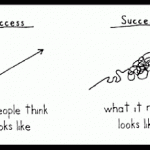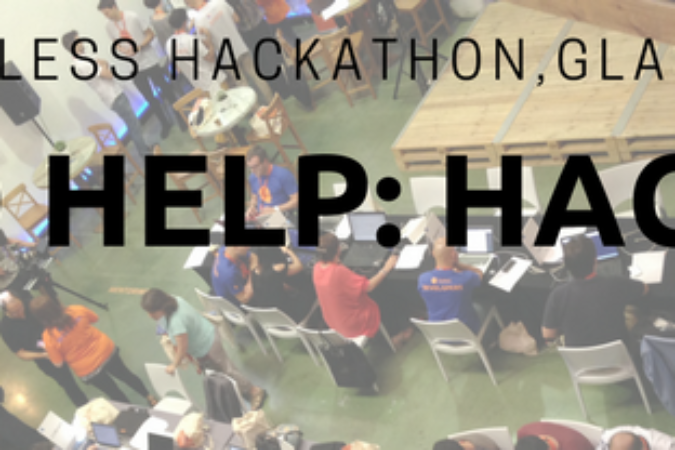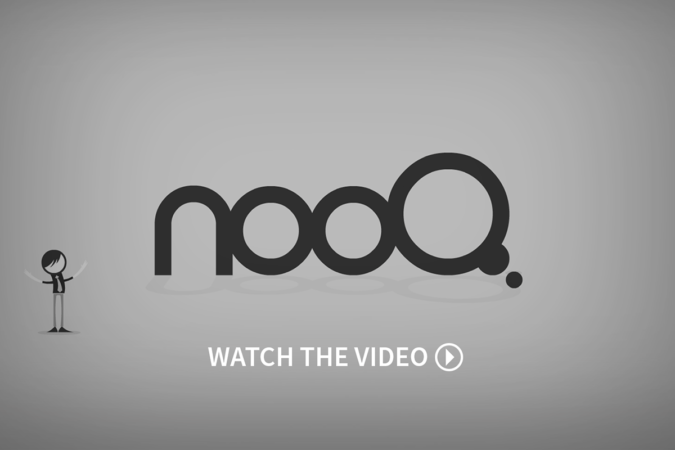What is ignorance?
Have you noticed the workplace can be a funny business these days? After consulting and advising on business and IT strategy for many years, in the days before Google, IT was a complete unknown to business nowadays most people are using computers all day long and given five minutes on Google everyone is an expert. No matter whether its IT or marketing or finance, everyone thinks they are an expert on everything. After reading a few blogs, Google results and internet forums you are now expert in something you’d never heard of before breakfast. It comes down to ignorance.
Matters which are obvious are sometimes ignored, not taken into consideration. This is not limited to those of low intelligence but extends to the highest levels resulting in disastrous scenarios that could, with more wisdom, have been avoided. People with superficial knowledge of a topic or subject may be worse off than people who know absolutely nothing. As Charles Darwin observed, “ignorance more frequently begets confidence than does knowledge.”
Ignorance can stifle learning, in that a person who falsely believes he or she is knowledgeable will not seek out clarification of his or her beliefs, but rather rely on his or her ignorant position. He or she may also reject valid but contrary information, neither realizing its importance nor understanding it. This concept is described in Justin Kruger’s and David Dunning’s work, “Unskilled and Unaware of It: How Difficulties in Recognizing One’s Own Incompetence Lead to Inflated Self-Assessments,” otherwise known as the Dunning–Kruger effect.
An analogy would be ‘you don’t go into your dentist and tell him how he should do your root canal treatment, debate his prognosis because you’ve been on a internet forum that morning, would you? Or do you? …Seriously??
So given a complex problem at work, a new project, something you have no prior experience or knowledge of doing before, what do you do? Who do you ask? How do you get the answer? For example what can you do about the current tough market conditions? If a new competitor was to enter your market in six months that would wipe all your revenues, how quickly could you respond, adapt, innovate and survive?
You need to find the answer, trust that answer and get consensus on the best approach. Ask your neighbour, manager, colleague, anyone…. who will invariably try and help or suggest someone else. You then frequently get the inevitable voicemail, cold shoulder, delays, out of office, on holiday, is not his/her job etc. Then when you do get to speak to them, they don’t know. A bit like a detective it can be like chasing dead-ends.
What happens when no-one in your company network knows the answer? If you are lucky you get an answer, which leads to more questions and back round the merry-go-round you go again. On a project and in a company this can happen many many times a day. Once you have an answer of sorts, in order to implement that you do what does anyone in a large organization does, to get consensus they take the decision to a meeting/committee/steering group etc.
“Never underestimate stupid people, especially in large numbers.” Homer Simpson
Meetings should be to debate issues and agree who is doing what to progress it, although rarely are. Scheduling them takes time, which adds to the delay. Only one person can speak at a time. Only those invited can contribute. Room size and attendees availability places constraints too. Not to mention in a meeting only the extroverts, blabbermouths and bosses are heard. One persons speaks whilst the rest listen. Geeks, introverts, social misfits, those who don’t want to play the game and those not even in the room get ignored. It is a one-to-many conversation but organisations are many-to-many entities.
Why should we wait till two weeks on Friday for ten people to sit in a room? It is not practical to ask everyone in the company, everyone in the department or even everyone on a project. Conversations, debates and meetings take so much longer when there are more than five people. Then there is the countless emails, setting up the meeting, reviewing the documentation, communicating changes, conversations and opinions made outside the meeting, not all information is available to everyone, the list goes on. A lot of businesses work this way, whether it be a change board, project investment board, business case the fundamental mechanics of the process don’t make sense today.
Ignorance has been the cause of many a disaster NASA Space shuttle Challenger, Chernobyl, Union Carbide to name a few classic examples. NASA engineers informed management that the Challenger O-Ring would become fragile and brittle in colder temperatures, but middle management dismissed their expertise to disastrous consequences.
http://en.wikipedia.org/wiki/Space_Shuttle_Challenger_disaster
Companies continue to make bad decisions and not learn from them. Nokia knew it was weak in its software in early 2000 but still could not act on it and since the Blackberry in 2003 and iPhone 2007 and other smartphones came along it has gone from as brand famous as Coke to an down and out nobody. In the nineties Nokia was one of the most powerful brands in the world. I’ve consulted at Nokia and they have incredibly smart people. How do you stop that happening to your company? Large companies already have the answer, within their walls and employees minds, they just have no easy way of finding it.
http://blogs.wsj.com/tech-europe/2011/06/03/nokia-failed-to-take-its-own-advice/
“If only HP knew what HP knows, we would be three-times more productive” Lew Platt
So we all make mistakes and have moments of stupidity. We all want to be professional & have credibility at work, come up with great new innovations, ground-breaking ideas and make the right decisions, but how do you do all that? How do you forecast future outcomes? How do you put in place a protective safety net to stop disasters? How do you increase the likelihood of projects or strategies becoming a success?
Are you a wise leader?
Wise leaders seek broadest council, ways to get unbiased opinions. When you start only listening to you direct reports, you are missing the full picture. George Washington the American president used to present ideas as if they were suggested by others to get complete candour & an honest view. I know of many companies where news passed up to senior management was sanitized and not the full truth. We might now always agree with leaders and managers decisions but we would all respect them if more honesty and transparency were shown. We are all adults and can read between the lines, what is being said in a report and what is intentionally left out.
Am I the only one thinking there must be a better way?
A quicker way to make decisions. A much smarter way. A way that takes everyone’s opinion into account, can happen instantly. Anyone who is passionate enough can contribute, irrespective of job title. Quicker and smarter decision scoring made by collectively factoring in people’s areas of expertise. Ego, job title, office politics are taken out the equation. Everyone gets a chance to speak, everyone can speak at the same time and be heard, not just one at a time. Communication is clear, open, honest, transparent and available to everyone. We can protect the credibility and integrity of everyone whilst encouraging more transparency.
The in-box explosion and information overload is no more, we only show what matters to you. Whenever you have a question, you are automatically shown others who are working on the same problem and who the experts are on that subject.
We are very passionate about this and have the technology, know-how and experience to solve this. There has to be a better way and we think we have the answer.
For the new way of working.
nooQ
Software the workplace has been screaming for.






